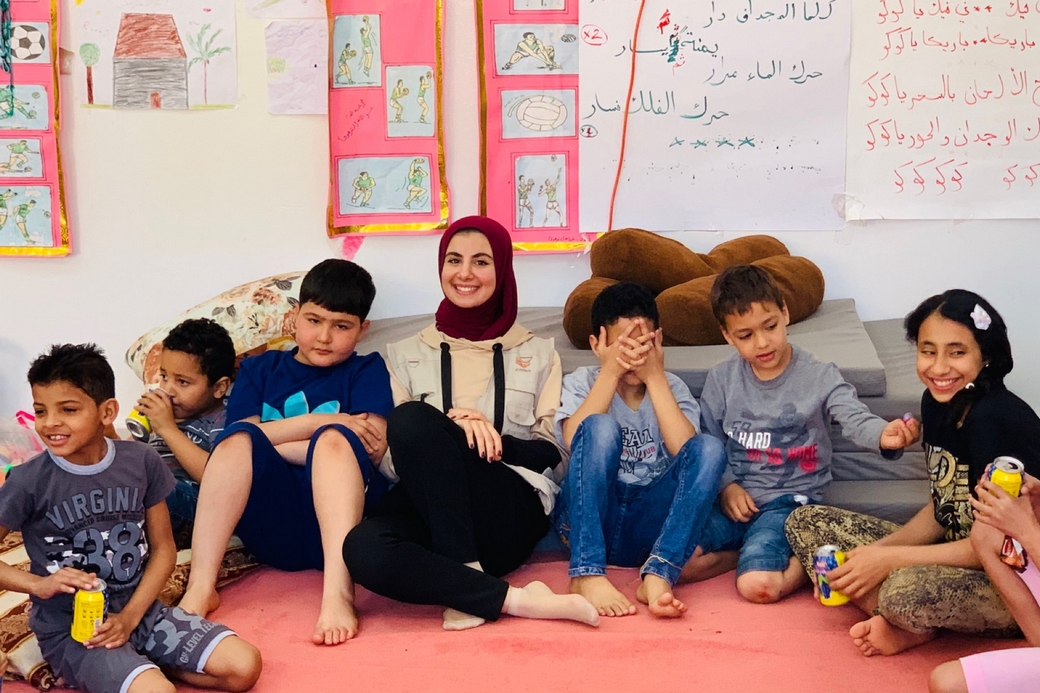On the 14th and 15th of October, the Annual Meeting of the Alliance for Child Protection in Humanitarian Action took place in Geneva. The Alliance is a global network whose objective is to provide technical support to child protection interventions in emergency contexts.
This year, the conference focused on the Humanitarian Development Nexus, an approach aiming to strengthen the synergies and the linkages between the emergency and development interventions, to secure durable solutions that guarantee peace, stability and respect of human rights.
Such a perspective deeply resounds with Cesvi’s interventions focused on supporting vulnerable groups within affected populations. These interventions entail strengthening resilience processes, both at the community and individual levels.
Davide Caliandro, Technical Unit Coordinator for Cesvi in Libya, represented our foundation at the meeting, flanked by Francesca Giordano Ph.D., researcher at Catholic University of Milan’s Research Unit on Resilience.
In the light of a collaboration that took place along 2018 and renewed in 2019, Cesvi and RiRes jointly presented the lessons learned in Libya, related to the adoption of the experimental “Tutor of Resilience” model. The co-developed approach, aims to overcome the aseptic use of standardized procedures for case management and psychological support for victims of conflicts suffering from the traumatic experiences they encountered or witnessed. These case management procedures and methodologies are developed far from, and without considering, the location and sociocultural context where they will be applied.
More particularly, the model equips the operators with a methodology to design psychosocial support programs and activities targeting children and vulnerable individuals, to overcome the traumatic experiences and the everyday struggle they face in their environment.
Through the “Tutor of Resilience” model, operators can build trustful and supporting relationships with the users, accompanying them in the identification and pursuing of solutions following their needs and the intervention context.
“Cesvi in Libya is promoting some training activities for local organizations, by so to diffuse this model to strengthen local actors’ capacities to provide services to vulnerable groups” – says Davide Caliandro.
In Libya, where Cesvi is active since 2011 with projects targeting local population and especially children, the adoption of this model helped overcoming the inadequacy of existing case management procedures when applied to children who witnessed violence and degrading treatments, and is now helping social cohesion strengthening, in a context of high risk and instability.
Cesvi has been working in Libya since 2011 with projects supporting the local population and in the protection sector for vulnerable groups, such as children, women survivors of gender-based violence, migrants and refugees, in Tripoli, Zwara and Misrata
